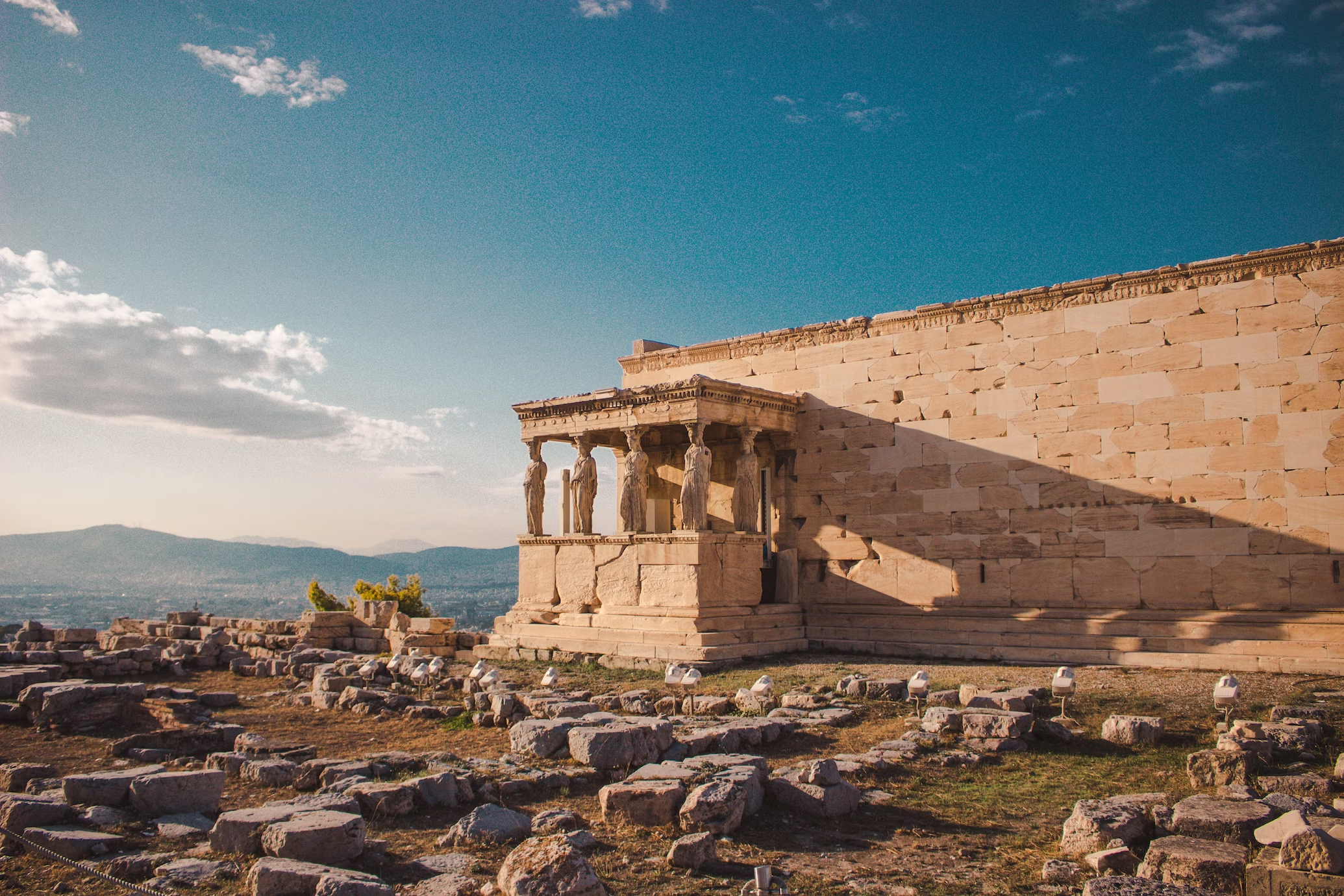Sacred Discourse
Hieroi Logoi
If you come across this page to gain a better understanding of Sacred Discourse and what is hieroilogoi. Let's first breakdown one of the most difficult 11 letter words wordle. Randomly looking for all kinds of historical information from opinions and how people viewed religious topics from varying groups in the ancient times, I feel that one of the best online resources we have in this modern day that is easily accessible, is the King James Bible.
With so many random acts of violence lately in the United States, many people are searching for answers such as comforting Bible Verses for death of a loved one.
I came across this wonderful site which had a lot of good information and was a valuable resource regarding religion and spirituality research. Over time I hope, with permission or through collaboration with the sites original author: University of Iowa Associate Professor, Ancient Mediterranean Religions Paul Dilley PhD. The following information is Professor Dilley's own description of his intention and goal with the hieroilogoi site.
This blog is about the rich and bewildering variety of online resources for the even richer and more bewildering variety of religions in Late Antiquity. Hieroi Logoi, or “Sacred Discourses,” were tales of great ritual and mythological importance, both written and unwritten, from the Graeco-Roman world (the Mediterranean and its satellite regions); Jews and Christians sometimes used this term to describe their own scriptures. Hieroi Logoi were frequently intended for a restricted community, but they also excited great interest outside the boundaries of their intended audience.
The purpose of this blog is to discover and review all websites relevant to the study of the religions of Late Antiquity, here understood broadly as the period between Alexander the Great (3rd century BCE) and Muhammad (6th-7th century CE). My goal is gradually to create a centralized information portal on this subject, extensively categorized and tagged, for scholarly research and teaching, as well as the interested public. Some of these sites are well known, others obscure; some straightforward to use, others difficult; some are well-funded collaborative efforts, others are more informal. Caveat lector! - Associate Professor Paul Dilley
